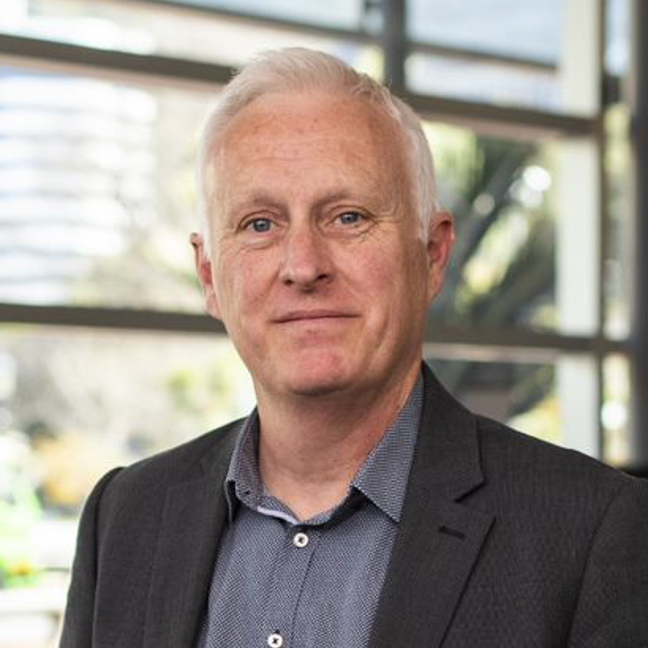Busting management myths
Professor Stephen Cummings’ research explores the barriers to innovation that ingrained management practices create, and how to overcome them.
People hold many unfounded beliefs about management— such as that its ultimate aim is to increase operational efficiency and financial performance, that strategy is best developed by those at the top and presented in long and complicated documents, and that innovation requires a singular-focus. Professor Stephen Cummings is shattering these beliefs with his innovative research.
“My research focus has really been shaped by my first degrees which were in design and history,” says Professor Cummings. “They taught me there there could always be a better way of doing things, and that interpretations of history can be both an enabler and a barrier to finding those better ways.”
With Associate Professor Todd Bridgman, also from the Wellington School of Business and Government, Professor Cummings has busted a number of long-held management myths. Articles such as Unfreezing Change as Three Steps and Who Built Maslow’s Pyramid? as well as their book A New History of Management (co-written with Professor John Hassard and Professor Michael Rowlinson) all seek to reveal how much of what is assumed about management history is fiction.
“So much of what is promoted by management is backed up by spurious historical claims,” says Professor Cummings. “Claims such as ‘change needs to happen in this way because famous psychologist Kurt Lewin’s research said so’ and ‘good management is about efficiency because it always has been’. Challenging these myths is an important step in promoting new ways of doing things.”
Professor Cummings’ current project, a book called A New History of Sustainable Management, explores the pivotal but forgotten role of Louis Brandeis (the first Jewish Supreme Court Justice).
“It was Brandeis, through the legal cases fought against the power of big business and laissez faire economic development, who first gained widespread attention for the notion that management was an important subject at the beginning of the twentieth century,” says Professor Cummings. “The book will show how sustainability and social goods were key drivers right at the beginning of the history of management studies, and how pre-modern societies have much to teach us about sustainability.”
Professor Cummings’ most popular work focuses on how developing and communicating strategy in teams using images can be more effective than through conventional text and numbers-based approaches. His book, Strategy Builder (Wiley, 2015) shows how anyone can be involved in customising popular strategy frameworks to create simple strategic diagrams. A recent article, How the Multimedia Communication of Strategy Can Enable More Effective Recall and Learning, written with Professor Duncan Angwin and Associate Professor Urs Daellenbach, takes the Strategy Builder idea further. It reports on a global study into the benefits of developing and communicating strategies in pictures.
“Strategies should be built by the people who have to implement and live with them. This means consultation or ‘co-design’ needs to go deeper than it normally does,” says Professor Cummings. “Last year a CEO asked me ‘what happens if we do this and we don’t get any good ideas’. I had to say that in running hundreds of workshops like this that had actually never happened before. People always have good ideas, they just need a co-ordinated way of expressing them. Drawing ideas in groups is a great way to do this.”
This research forms the basis of Professor Cummings’ professional practice. He runs regular one-day Strategy Builder courses through Wellington Uni-Professional, and advises a wide-range of public and private-sector organizations.
Professor Cummings is also co-director of The Atom/Te Kahu o Te Ao Innovation Space, where he supports student and alumni start-ups in developing innovative strategies.
His latest advisory project is working with a team of Victoria University of Wellington researchers and the Greater Wellington Regional Council to help Māori entrepreneurs, business owners, and other stakeholders, develop an economic development strategy to support their growth and that of the Maori economy in the region.
Professor · Co-Director, The Atom - Te Kahu o Te Ao Innovation Space
School of Management

